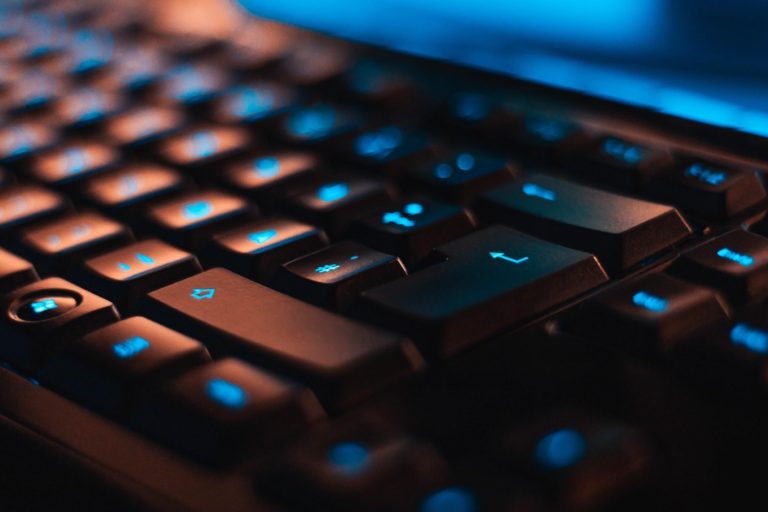When your computer suddenly starts running slowly, it can be infuriating. After all, many aspects of your life are tied up in your device, and tech issues can have a ripple effect on other areas of your life. Nobody wants to reach out to their boss or professor to tell them they won’t be able to hand in an assignment or complete a task.
Fortunately, if you find yourself pulling out your hair in frustration and frantically looking up, “why is my computer so slow?” there are steps you can take to improve your computer’s performance.
Check for Viruses and Malware
When your computer slows down, you can always start by checking for viruses and malware. They can corrupt files, make your assets unusable, take up unnecessary disk space, slow down program speed, steal your personal information, and create a host of other problems.
Some of the tell-tale signs that your computer is under virus or malware attack are loss of performance and functionality, loss of information (corrupted files), and breach of privacy. You can run a basic scan to see if your device is having issues because of a virus or malware infection. If you discover that your computer does have a virus or malware, take it to a professional to deal with.
The best thing you can do to protect your computer from viruses and malware and stop these issues before they can happen is to install antivirus and antimalware software. They are well-equipped to scan for and eliminate most known viruses, and will also alert you to any potential security issues.
Install Updates
Many computer users ignore or even turn off automatic updates, as they can start at random in the background and slow down your computer or render it briefly unusable. While this is true, turning them off also has its negatives—bugs, corrupt system files, and system slowdowns have a higher chance of happening if updates are not made on a regular basis.
On top of that, if you don’t install updates, many programs on your computer won’t run smoothly because they’re no longer compatible with your older system. To avoid this dilemma, manually install updates by checking for updates in your computer’s settings.
Clear Out Your Hard Drive
A cluttered hard drive can cause drastic computer slowdowns by overburdening your device’s operating capacity and taking up too much room for you to install updates. As a rule of thumb, your hard drive should always have at least 20% space free in each partition you make.
You can clear the clutter by deleting duplicate and unnecessary files from your computer. If it’s impossible to outright delete some files, consider using cloud storage or physical hard drives.
See What’s Running In the Background
If you have many programs, you may not even be aware of how many of them are automatically running in the background while you try to do other things. This phenomenon not only slows your computer but can cause freezes and crashes as well. Thankfully, you can easily resolve the problem by tinkering a bit with the task manager.
Many programs boot up automatically without your knowledge when your computer turns on. They take up energy and processor power, which can accumulate into the high processor and hard drive usage. You can turn them off manually from the ‘Startup Processes’ tab of the task manager, so these processes will only be active when you deliberately run them.
aClean Your Computer
If you go through all the software-related tips above and find nothing out of order, then maybe it’s time to clean your computer. In many cases, the cooling fans can get clogged with dust and debris over time, resulting in your device overheating. Use a small paintbrush or gentle pressurized air spray to clean dust from the fans. To clean the GPU and RAM sticks, use a soft piece of dry cloth.
When it comes to cleaning external accessories like a keyboard, trackpad, speakers, vents, and so on, use a dry piece of cloth to wipe the surfaces gently and follow any manufacturer instructions. You can also use rubbing alcohol sparingly on smudges or stains.
Keep Your Computer In Good Shape
Computer repairs and replacements can be extremely costly, and transferring all your files from one device to another is its own chore. Keeping your computer maintained is a good idea for your financial wellbeing, as well as for your stress levels. That’s why it’s important to maintain and improve your computer’s performance, so you can keep using your device for a long time to come.

0 Comments